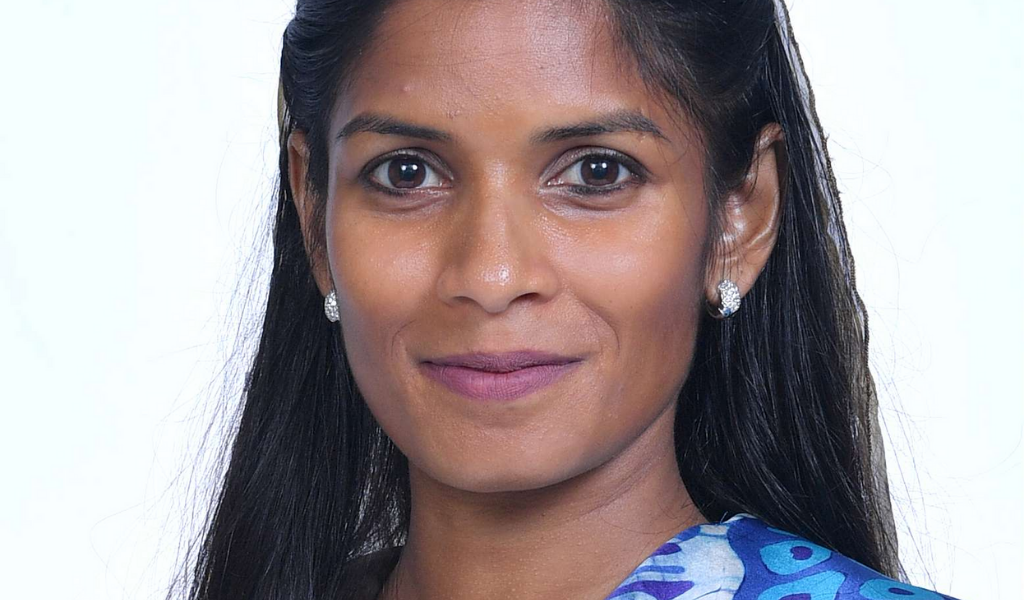
‘Neither Maldives nor the World can Afford to Ignore Long-Term Investments in Supporting Women and Girls.’ - The Maldives' Special Envoy for Climate Change, Sabra Noordeen
The Generation Equality Forum High-Level Virtual Roundtable: Gender Inclusive Climate Actions was held yesterday. The Maldives' Special Envoy for Climate Change, Sabra Noordeen participated in this global movement for gender equality and delivered remarks.
Co-hosted by Mexico and France, the event focused on addressing innovative and transformative solutions to ensure inclusive and meaningful engagement of women and girls in climate actions.
Ms. Noordeen reiterated the Maldives' commitment to ambitious climate action and just climate solutions in her speech. She noted that just solutions require broad structural changes, to ensure the involvement of women and girls across all sectors.
Highlighting the initiatives by Maldives in this regard, Ms. Noordeen briefed about the recent local council elections under the amended Decentralization Act, where 1/3 of seats are allocated for women councilors. She added that this was a significant push towards having more women in leadership and policy making positions that will ultimately help to translate women-led advocacy issues into climate just policy solutions.
In building national resilience and transitioning to a green and blue economy that is both inclusive and regenerative, the empowerment of women and girls are important. Ms. Noordeen further gave an overview of the ongoing pandemic and its effects on women and girls around the world. She shed light on a survey carried out by UN Women last year, on gender-differentiated consequences of economic empowerment which found that the pandemic had a disproportionate impact on women’s livelihoods, care burden and mental health.
Ms. Noordeen remarked that the state recognized that supporting women and girls, as well as increasing investment in climate solutions, are long-term investments that neither the Maldives nor the world can afford to ignore. According to her, the two causes as critical to building resilience to the climate emergency and other future crises.
She went ahead and outlined the Government’s ongoing efforts to revise and strengthen the system, by highlighting structural policies that had been adopted by the state, including expanding paid maternity leave to 6 months, paid paternity leave to 1 month, appointing women as Justices to the Supreme Court for the first time, and electing women to one-third of all local councils.
The Climate Envoy then spoke of the near-completion Gender Equality Plan that will prioritize mainstream the aforementioned notes across the government and society. The plan includes measures such as; increasing the number of women in leadership positions in local government by 40% by 2025 and in the judiciary by 25%; providing services such as daycare; initiating gender-responsive budgeting; and revising national data systems to include disaggregation of data by sex and age.
Ms. Noordeen also added that having more women at the table means that the questions that are asked, the discussions that take place, and the decisions that are made will more greatly reflect our society’s needs.
In conclusion, Ms. Noordeen called for greater strides in improving and easing access to finance. She expressed the need to simplify these systems, as well as provide more education and training to assist in navigating the complex bureaucracies of project proposals and reporting mechanisms.
She also noted the need to increase the number of women in blue/green/STEM jobs, stating them as critical to achieving the Maldives' ambitious Net Zero future.